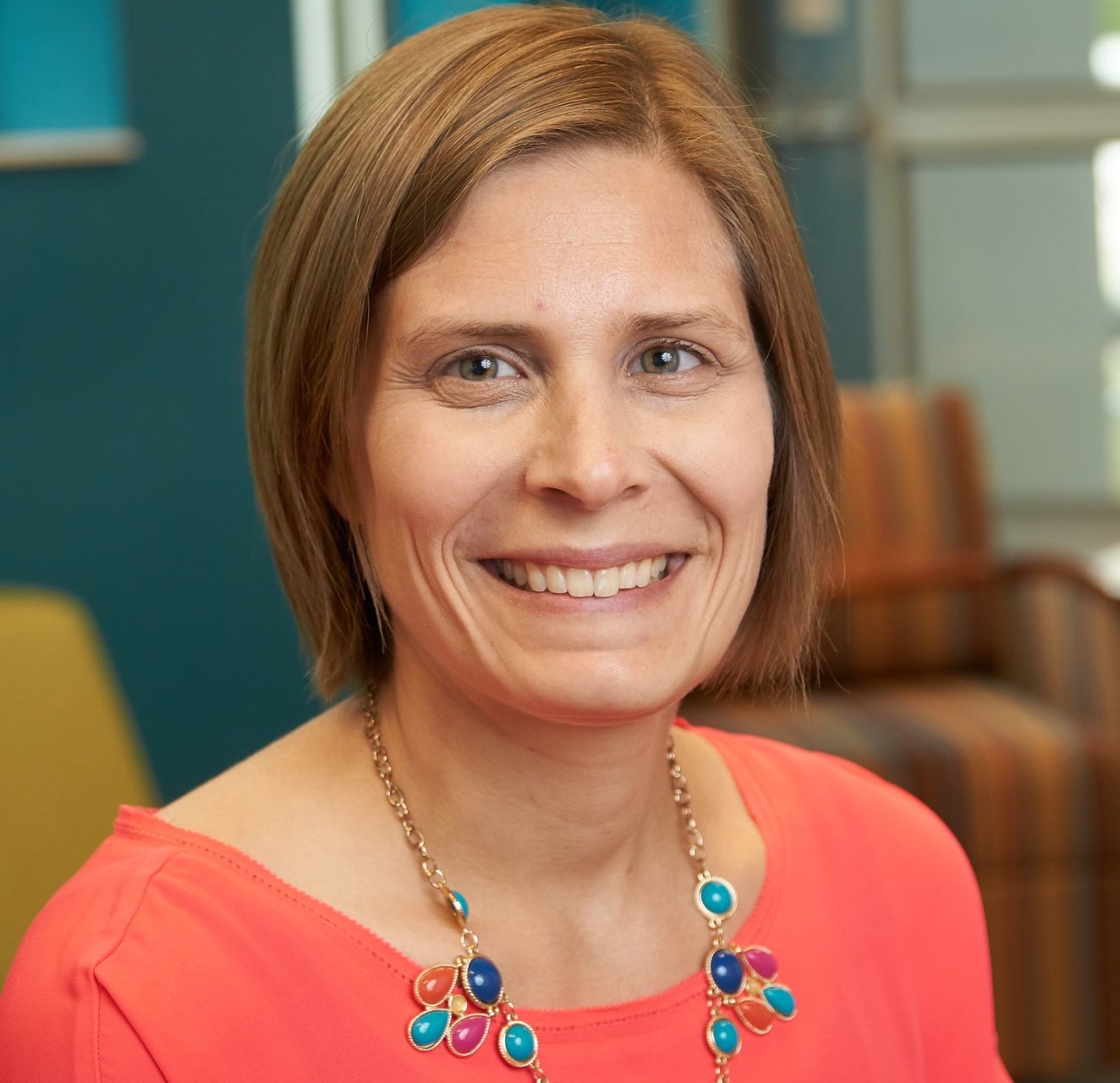What do educators actually WANT out of their professional learning experiences? This is a question my colleague Danielle, who contributed significantly to this study and the writing of these blogs, and I tackle most days. We are Professional Learning Specialists at Michigan Virtual. In a nutshell, we lead professional learning, we collaborate with educators and other educational organizations nationally and across the state, and we build online courses that count towards SCECHs.
Last summer, I read Street Data. Besides changing my entire perspective on data, it opened my eyes to something even more important—the need for empathy.
What is Street Data? In its simplest definition, it offers “deep insight into the student and educator experience.” You can only gain this insight when you speak directly to students and teachers.
Using insight and inspiration from the book, my colleague Danielle and I decided to truly get to know our audience. We knew this was going to mean more than simply asking the usual questions or making some thoughtful assumptions about what educators want and need from professional learning. We were committing to a process.
So, we started with a survey and asked some big questions about professional learning preferences:
- Who’s presenting the content?
- How are you learning and interacting with others and the material?
- What is your ideal topic?
The survey included both multiple-choice and several open-ended responses, which asked for specific wants, needs, and ideals. The open-response questions were not required; however, over 80% of respondents answered these questions throughout the survey.
In an effort to gain deeper insight into the data, we also scheduled 1:1 interviews with educators who opted to participate in an hour-long conversation. Our review of the survey results and the stories we heard taught us that educators have much to say about their wants and needs for professional learning.
Here’s what our street data helped us uncover:
Educators definitely have a preference for when and where they learn as well as who is leading the learning.
Flexibility Through Online Learning
More than half of the participants surveyed prefer some form of online, asynchronous learning as their ideal learning experience vs. a fully in-person session. Based on extended conversations, this is mainly because educators enjoy being able to learn at times that best fit their schedule and to have the ability to start and stop learning as needed.
Online learning also increases accessibility to professional learning that educators are seeking out on their own. Given the demands of any educator’s schedule, the flexibility of online learning directly connects to an increased sense of effectiveness.
Learning from an Expert
Though several participants mentioned the need for having content presented in a manner that is specific and relevant to their context, 77.3% mentioned they prefer a Subject Matter Expert or External Facilitator for their learning.
When digging deeper into this question, many participants said that learning from someone extremely knowledgeable and passionate about the subject increased the overall effectiveness of the professional learning experience. While educators also explained the value of learning with and from each other or other staff, it was clear that regardless of the presenter’s official role or title, learning from an expert is extremely important.
Every educator we interviewed shared a strong desire for more choice in professional learning.
Though choice was often referenced in terms of topic selection, it should also be noted that educators showed a desire for more variety and consideration around how they interacted with each other and the content.
Choice in Content Interaction
As expected, when we asked participants to share their ideal topic for professional learning, no two people answered exactly the same way. More surprising, however, was that in comparing conversation notes, even if individuals shared a similar topic of interest, their reason or context for wanting that learning was not the same.
This connects to the need for offering more choice in how learners interact with content. Educators have varying degrees of knowledge around any given topic as well as certain preferences for what helps them truly learn and apply the knowledge. Some prefer to “listen and learn” or collaborate in a synchronous or face-to-face event; others prefer online and fully asynchronous experiences. Offering choice in how educators can interact with content increases overall agency and autonomy.
Choice in Content Application
We noted that 206 learners strongly preferred listening and learning from a lecture-based PD. Though this surprised us at first, given the desire for choice we heard in responses, we also saw the alignment of this preference with educators’ desire to learn from an expert. Part of learning from someone extremely knowledgeable is to listen to what they have to share—but the preference for learning doesn’t end there.
After listening to a knowledgeable presenter, educators shared a strong desire to apply the knowledge through collaboration, more hands-on activities, or independent exploration. Including choices around content application aligns with an increased sense of relevance to one’s specific context as well as meeting their varied learning needs.
Something that became crystal clear in the common themes and preferences that emerged was a shared desire for greater relevance, realistic application, and clarity in professional learning.
Relevance
After reviewing and sorting individual responses, four key topics surfaced. It’s clear from our survey and conversations that educators want to learn and use Research-based Strategies. This topic, out of the other three that emerged, seemed to make sense as to why our audience preferred to learn from an expert.
It also makes sense that educators want to grow professionally in the field and in their craft, which aligns with staying current on what other educational experts are sharing in terms of effective practices that can be taken back and immediately used in the classroom.
Realistic Application
We also noticed that the other three emerging topics have elements that seem to intertwine with each other. In conversations, learners expressed the need for support in classroom management; yet, while digging deeper, it also became clear that technology, and its international use, played a factor in some of the classroom management-related issues.
Similarly, a consistent request to continue prioritizing Social and Emotional Health or Mental Health seemed to connect to the other topics at various points in terms of supporting an effective practice, promoting a healthy school or classroom culture, or appropriately using technology in and out of the classroom.
Clarity
Other common themes regarding what educators do not want from professional learning sometimes gave us conflicting information. For example, the same survey that told us educators want to learn from listening and lecturing also indicated that a lecture-based PD experience could make the overall experience less effective. But, because we leaned into these contradictions, we gleaned a more important takeaway: the need for clarity.
From the survey results to the longer conversations, what made a professional learning experience ineffective was its lack of clarity. This lack of clarity could result from the presenter not making direct connections for their learners, collaboration opportunities without real purpose, or sensing unrealistic expectations or applications of the PD content to the educator’s specific subject-area context.
Throughout this process, we leaned into the numbers and sought deeper understanding to inform our thinking. We are grateful to the many educators who shared their knowledge, stories, and hopes for professional learning so we may continue to provide high-quality learning experiences to those who entrust us with their professional growth.
To learn more about the framework we used to create and conduct our survey and to read about ideas for implementing this framework in your own context, we invite you to read A Framework for Empathy, Part 2 of this blog series.

